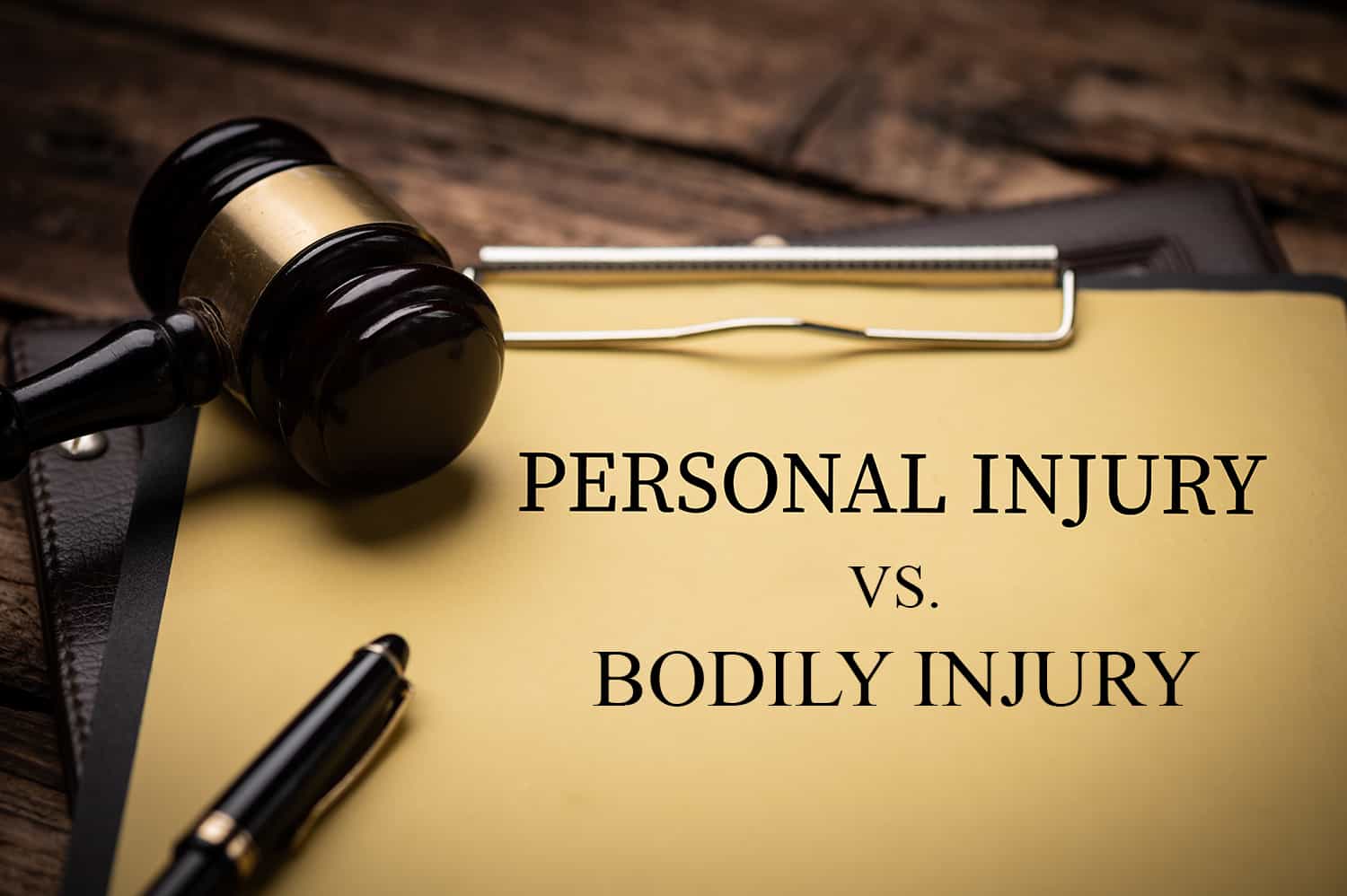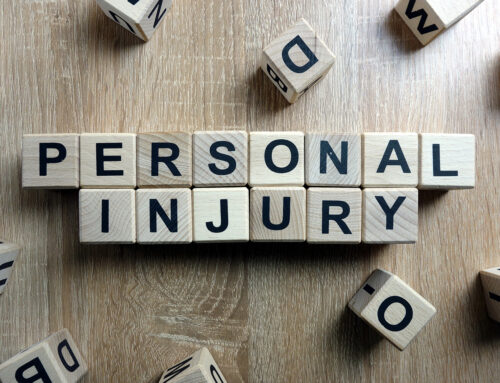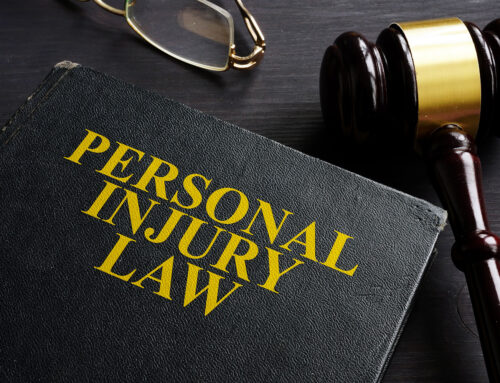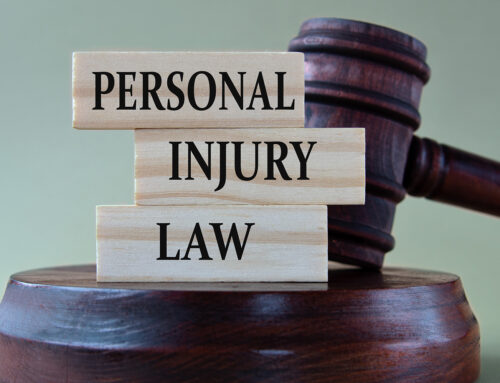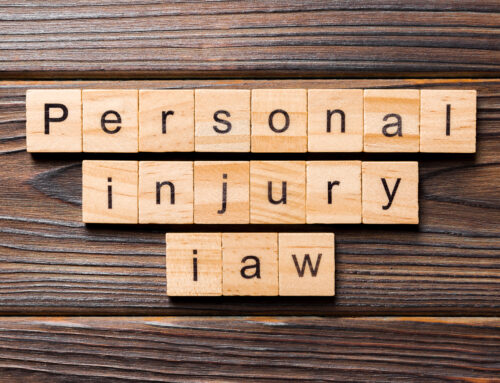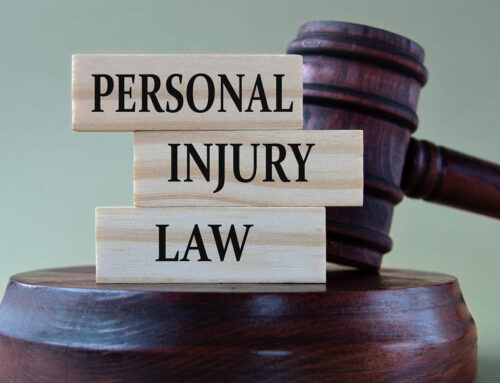You may notice people occasionally use similar words interchangeably even though they don’t mean the same thing. Some individuals may call a bowl of broth with meat and vegetables a soup while others call it a stew. While they are similar, each culinary term indicates a different type of dish.
In fields such as insurance, law or medicine, however, it is essential to use precise language and understand specifically what each word means. For example, folks frequently switch the terms bodily injury and personal injury around. While the phrases share some similarities, they include distinct elements and can make a huge difference when determining who pays the cost of treatments. Learning the differences between a bodily injury and a personal injury can help you determine your rights if you are injured due to the actions of another person.
Understand the Descriptions of Bodily Injury and Personal Injury
Unlike some legal terminology, the definitions of bodily injury and personal injury are not difficult to comprehend or remember; in fact, the terms are almost self-explanatory.
Bodily Injury
Bodily injury refers to actual impairment or damage to your physical body. It may include cuts, bruises, broken bones, disfigurement, scars, brain injury, whiplash or any other tangible harm.
Personal Injury
Personal injury, on the other hand, includes physical, mental and emotional impairment or damage to the entire person. In addition to your bodily injuries, personal injury also encompasses pain and chronic discomfort, depression, anxiety and worry, and loss of enjoyment or quality of life.
Identify Causes of Bodily Injuries and Personal Injuries
Nobody wants to experience traumatic harm or undergo medical treatments, but sometimes the unexpected happens. You may suffer injuries from various accidents or situations often caused by others:
- Motor vehicle or pedestrian accidents
- Slip and fall mishaps
- Animal bite incidents
- Workplace injuries
- Defective products
- Medical malpractice or medication errors
Remember Bodily Injury and Personal Injury Can Decide Insurance Coverage
Whenever you deal with insurance issues, it is important to determine the exact types of injuries covered under the policy. This applies whether you are purchasing insurance or resolving coverage for injuries received in an accident.
California Mandatory Auto Insurance
Like many states, California requires all vehicles driven on the state’s roads to carry the following motor vehicle liability insurance:
- Minimum coverage of $15,000 for each person injured or killed in an accident
- Minimum total accident coverage of $30,000
- Minimum coverage of $5,000 for property damage in an accident
This liability coverage only protects others if you cause an accident. It doesn’t pay for injuries to you or any other members of your household or for your property damage. Keep in mind the minimal coverage required by law does not go very far in a serious accident, and you are personally responsible for any amount that exceeds your coverage.
California Discretionary Auto Insurance
Although California strictly enforces mandatory insurance laws, it is still an excellent idea to explore other auto insurance coverage options. Uninsured motorist coverage can help pay for your medical expenses and those of any passengers if you are injured in an accident caused by someone driving without insurance. While you may decline uninsured motorist coverage, you must sign a waiver refusing it to comply with California law.
Another type of policy available is underinsured motorist coverage. This pays medical costs for you and any passengers if the bills exceed the limits of the other driver’s liability insurance.
Homeowner Policies and Business Insurance
Once again, remember to check the types of injuries covered when buying policies to protect your home or business. Homeowner policies, for example, often cover animal bite injuries, and victims may suffer anxiety or other long-term emotional damage from bite incidents. This is especially true of young children. Go over the details carefully with your agent to make sure you are getting the coverage you need.
Realize Bodily Injury and Personal Injury Also Affect Lawsuits
If you are involved in a personal injury incident but the party responsible does not have adequate insurance coverage, you may file a claim against this individual. Sometimes the person’s policy covers medical expenses related to bodily injuries. Still, the insurance company will not compensate you for the painful recovery you endured or your lost ability to pursue favorite activities such as dancing or long-distance running.
Be sure to keep careful track of the statute of limitations in California so you file your claim in time. You must file most legal claims for personal injuries within two years from the date when the incident occurred. If you miss this deadline, you cannot pursue compensation for your injuries.
Let Us Help Evaluate Your Personal Injury Case
If you become involved in a motor vehicle accident or any other personal injury occurrence, dealing with negligence laws, insurance company negotiations and personal injury claims can quickly become a nightmare. Whether you are facing medical bills and lost wages or defending against a personal injury claim, contact the Law Offices of Brent D. George for a free consultation about your case.

